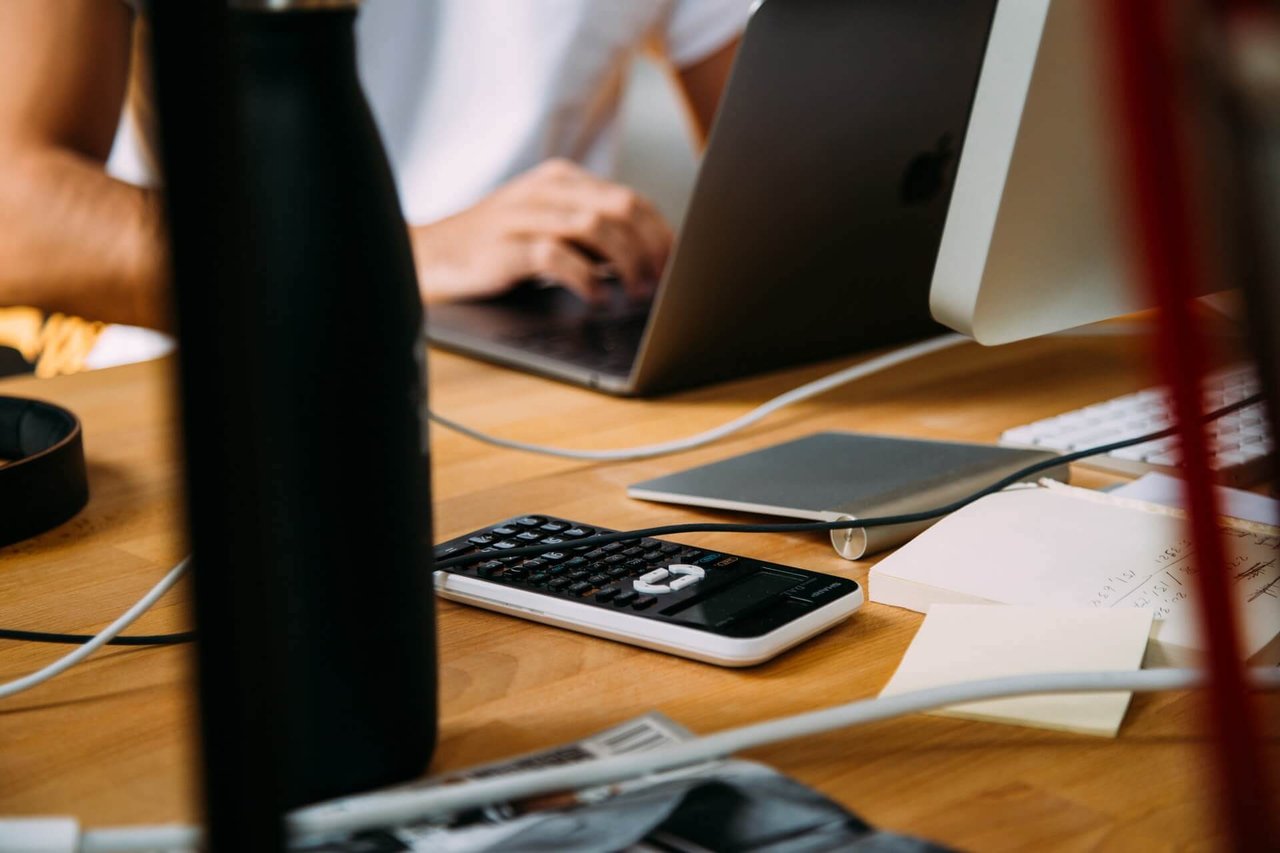Starting an Accounting Business from Home - How To's and Tips
The latest technologies have enabled us to do a lot of things that seemed impossible decades ago: self-driving cars, smartphones, and even artificial intelligence. Today, all of these are within our grasps, and for aspiring accounting firm owners, starting an accounting business can now be done at the comfort of your own home. Curious about how you can get this done? Here’s a short guide on how to start a home-based accounting business:
1. Choose a cloud accounting software
While it is advisable for accounting firms to be adaptable to the needs of their clients, it will be in the best interest of those who are starting with limited resources to focus on a credible cloud accounting software.
However, the number of options in today’s market can easily confuse anyone. The key is to identify the software that is most used by businesses within your target market, and meets their day-to-day needs. This way, you won’t have trouble in adjusting to your client’s systems and be confident that you can cater to their every need.
RELATED: Top 10 Small Business Cloud Accounting Software of 2020
2. Get the right licenses
Even though you’re starting your firm at home, keep in mind that you are still starting a legitimate business entity. You must first secure the right licenses and permits required by the national government and your local state, just like everyone else. Doing so will not only ensure that you are operating legally and are protected by government laws, but it also raises your credibility in the eyes of your prospective clients.
3. Develop an online marketing plan
Since you won’t be having much of an office space, your best bet in getting clients aside from those handy referrals is by establishing a strong online presence. A few years ago, going live with a website would have been enough, but today you will need to have a social media strategy to increase your reach and attract more clients. Need more information in creating an online marketing strategy? Check out HubSpot’s internal marketing guide for more information.
4. Learn how to manage clients
As an accounting professional, you have learned how to handle one or two clients at a time. However, you’ll have to deal with every client once you’ve proceeded with starting an accounting business from home. Keep in mind that no two clients are the same, therefore you need to have a unique set of rules and expectations to address their needs adequately. Doing so will help you understand their needs better, handle their concerns properly, and help your clients feel that they are getting the attention that they deserve.
5. Know where to get the extra hand
Even though you’ll be starting an accounting business from scratch, that doesn’t mean you’re destined to a slow start. With high client satisfaction and a solid online marketing approach, you can expect an influx of prospective clients that can be greater than what you can handle at the time.
When this happens, your best bet in taking on these opportunities is to get help from another finance and accounting services firm that you can trust. While there are a lot of options out there, only a handful have the expertise and experience in helping startup accounting firms grow. Working with these firms will help you get the peace of mind that your clients are being handled by qualified professionals who can represent your brand properly.
These are some of the most important things that you should know on how to start your accounting firm from home. Remember that there is no easy way to start an accounting business, and you should expect some difficulties along the way. Don’t be afraid to reach out to other professionals for advice on how you can overcome these challenges and take off with your plans in starting an accounting business from home.
Complex client requirements? Too many clients for your team? We’ve got you covered. Download our Accounting Firm Solutions Whitepaper today and learn how D&V Philippines can help add value to your firm’s finance and accounting services.
This article was first published 05 December 2017, and was edited 23 June 2020.





